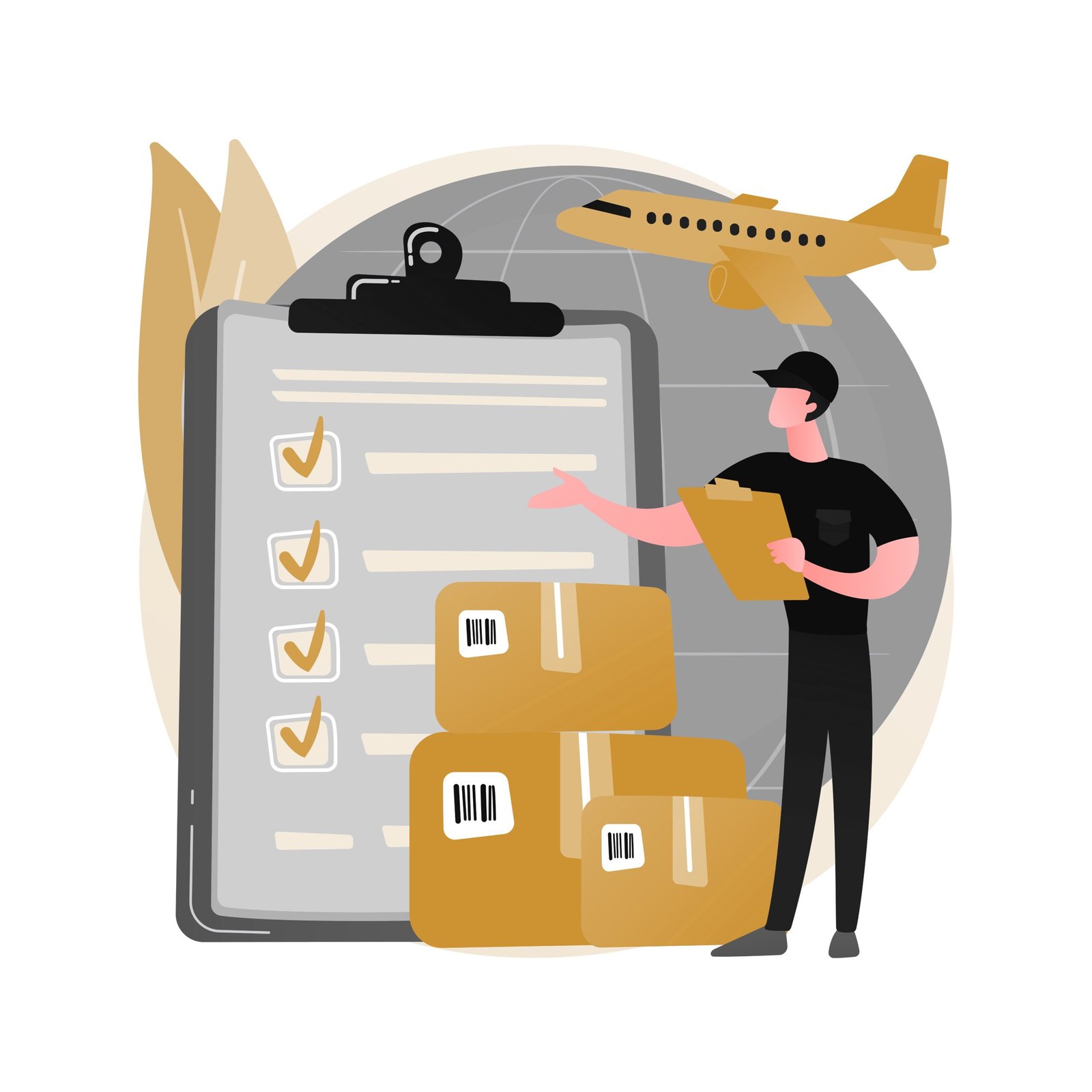Cargo Insurance Solutions
Cargo insurance, also known as freight insurance or marine cargo insurance, is a type of insurance policy that provides financial protection against loss or damage to goods while they are in transit. It covers goods being transported by various modes of transportation, including sea, air, road, and rail. Cargo insurance safeguards shippers, consignees, and other stakeholders from potential financial losses caused by events such as theft, accidents, natural disasters, or other unforeseen circumstances during the transportation process. This insurance coverage can be tailored to meet the specific needs of the cargo owner, offering peace of mind and financial security throughout the shipping journey.
Who Provides Cargo Insurance?
Why is Cargo Insurance Essential?
Cargo insurance provides essential protection for businesses and individuals involved in shipping goods. Here are several reasons why cargo insurance is necessary:
The Importance Of Cargo Insurance

WHO REQUIRES CARGO INSURANCE COVERAGE?
Express Freight Management
Express Freight Management is your one-stop shipping solutions provider. With a global reach and a commitment to customer satisfaction, we ensure smooth and efficient shipping from start to finish.
FAQs About Cargo Insurance
What Is Cargo Insurance?
Cargo insurance is a type of insurance coverage that protects against the loss or damage of goods during transit. It provides financial compensation to shippers, consignees, and other parties involved in the transportation of goods, reimbursing them for the value of lost or damaged cargo. Cargo insurance policies can cover various modes of transportation, including land, sea, and air freight, and they typically protect against risks such as theft, accidents, natural disasters, and other perils that may occur during transit.
What Does Cargo Insurance Cover?
Cargo insurance provides protection for goods or merchandise being transported, covering potential risks during transit. The specific coverage can vary depending on the policy, but here are the key elements typically included:
-
Damage or Loss: Coverage for physical damage or total loss of goods due to accidents, fire, collision, or theft while in transit.
-
Theft: Protection against theft or hijacking of the cargo during transport.
-
Weather-Related Damage: Coverage for damage caused by weather events like storms, floods, or earthquakes.
-
Marine Cargo Insurance: For shipments that travel by sea, this covers losses or damages caused by rough seas, sinking, or piracy.
-
Air Cargo Insurance: For airfreight, covering damages or loss during flight or loading/unloading.
-
Road or Rail Accidents: For shipments traveling over land, it includes coverage for damages resulting from accidents or mishandling during loading and unloading.
-
Contamination or Spoilage: Some policies may cover contamination or spoilage, especially for perishable goods.
-
General Average: A provision in marine insurance where the cost of saving the ship or other cargo is shared among all parties involved.
Exclusions can apply, such as damage caused by improper packing, inherent flaws in the goods, or negligence by the shipper.
The coverage can be customized to suit different types of cargo (e.g., perishable goods, electronics, valuable items) and modes of transportation.
What Is Not Covered In Cargo Insurance?
While cargo insurance provides broad protection, there are several common exclusions where coverage may not apply. These can vary depending on the specific policy, but generally, cargo insurance does not cover:
-
Improper Packaging: If the goods are not properly packaged or prepared for transport, any damage due to inadequate packaging may not be covered.
-
Natural Defects or Inherent Vice: Damage caused by the natural characteristics or defects of the cargo (e.g., a fragile item breaking on its own due to its nature) is usually excluded. For example, perishable goods that spoil due to inherent flaws may not be covered.
-
Deliberate Acts: Cargo insurance generally does not cover losses resulting from deliberate actions, such as intentional damage, theft by the owner, or fraud committed by the shipper or consignee.
-
War and Civil Disturbance: Losses caused by war, terrorism, riots, strikes, or civil unrest are often excluded unless specifically included in the policy (sometimes as a rider or separate coverage).
-
Nuclear Risks: Damage caused by radiation or nuclear incidents is typically excluded.
-
Delay: Cargo insurance usually does not cover losses related to delays in shipment, unless the delay results in physical damage to the cargo.
-
Pre-existing Damage: Any damage or loss that occurred before the cargo was insured, or prior to the start of the transport, would not be covered.
-
Faulty or Defective Products: Losses arising from the cargo being inherently defective or faulty, even if the damage occurred during transit, may not be covered.
-
Unsolicited Goods: If the shipment includes goods that were not ordered or were sent without proper authorization, those items may not be covered.
-
Excluded Goods: Some items may not be covered under cargo insurance at all, including hazardous materials, livestock, or valuable items like art or jewelry, unless special coverage is purchased.
-
Environmental or Pollution Damage: Cargo insurance often excludes losses caused by environmental damage, such as oil spills, chemical leaks, or contamination that doesn’t directly impact the cargo.
To ensure adequate protection, it’s essential to read the fine print of a cargo insurance policy and, when necessary, purchase additional coverage for specific risks or goods not generally covered.
Is Cargo Insurance Worth It?
Cargo insurance is generally worth it for high-value, fragile, or critical shipments, especially when there are significant risks involved, such as theft, damage, or adverse weather. It provides peace of mind and financial protection against accidents, theft, or natural disasters during transit, covering gaps in carrier liability and ensuring that the full value of goods is protected. However, for low-value shipments, or when goods are being transported via low-risk routes with trusted carriers, the cost of insurance may outweigh the potential risk. Businesses with substantial financial resources may also opt to self-insure. Ultimately, the decision depends on the value of the cargo, the level of risk in transport, and the ability to absorb potential losses.






